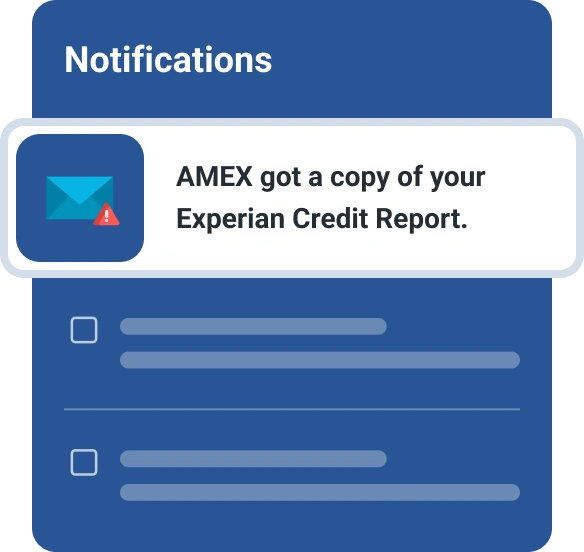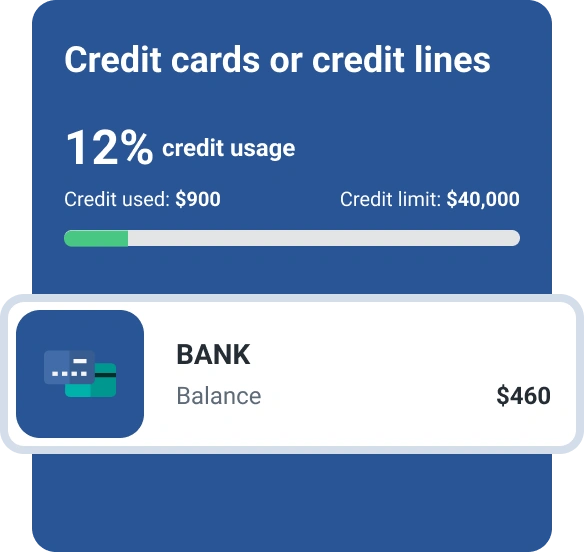Why Doesn’t My Auto Loan Show Up on My Credit Report?

You recently got a new car: Congratulations! Now you may be wondering when your new car loan will appear on your credit report. If your new auto loan hasn't shown up on your credit report yet, there are several reasons why this may be happening. An auto loan could be missing from your credit report because the information hasn't yet been reported to the credit bureaus, your lender doesn't report to all credit bureaus or an error has occurred. Follow a few simple steps to figure out what's happening and resolve your issue.
How a New Auto Loan Can Impact Your Credit
Does it actually matter whether your new loan shows up on your credit report? It might. If you're building or rebuilding your credit, a new auto loan can help you out in a few ways.
First, it adds to your credit mix. A car loan is considered an installment loan—a loan with fixed monthly payments and a predetermined payoff period—which is a different type of credit than a revolving credit card account. Having a car loan appear on your report shows creditors that you have experience managing diverse types of credit. It may also boost your credit score: Credit mix accounts for 10% of your FICO® ScoreΘ, the scoring system used most commonly by lenders.
Your credit score will also benefit from having timely monthly loan payments show up on your credit report. Payment history is the most heavily weighted factor in calculating your score, so you want your monthly payments to count.
What are some typical reasons your new auto loan might not appear on your credit report?
Your Auto Loan Has Not Been Open Long Enough
The three major credit reporting agencies—Experian, TransUnion and Equifax—update your credit report based on information they receive from lenders and creditors. And while they update your information continuously, they can only do so when they receive information from your lenders and creditors. If you opened a new car loan within the past 30 to 60 days, your lender may be yet to notify any credit bureaus of the account.
While you're waiting for your information to update, you can access your credit reports from all three bureaus through AnnualCreditReport.com.
You can also check your Experian credit report anytime for free. Or consider free credit monitoring through Experian, which can send you alerts when changes are made to your Experian credit file.
Your Lender Does Not Report to All Credit Bureaus
While many lenders report loan activity to all three credit bureaus, some only report to one or two. In fact, some lenders don't report to credit bureaus at all. If your loan doesn't appear on one of your credit reports, try checking the other two.
Ultimately, lenders are not required to report their accounts. But be aware: Just because a lender doesn't report your loan and successful payment history, it doesn't mean they can't or won't report negative information if your car is repossessed or you default on your loan.
Something Went Wrong When Reporting the Account
Mistakes are rare, but they do happen. Your information may have been entered into the credit reporting system incorrectly. Or, maybe a technical issue or backlog has delayed your information being posted. It's also possible that, if you have a co-borrower, the loan could have been reported to their credit file and not to yours.
Follow up with your lender about possible errors or oversights. If your loan shows up on your credit report but contains inaccurate information, you can contact your lender or submit a dispute to the credit bureau in question.
What to Do if Your Loan Doesn't Appear on Your Report
If your auto loan doesn't show up on your credit report after 30 to 60 days, reach out to your lender. Ask them if it's their policy to report loan activity to the credit bureaus and, if so, whether they can follow up to make sure your loan information has been reported accurately.
Short of refinancing with another lender, you have limited recourse if your lender simply doesn't report to any of the credit bureaus. In the future, you may want to find out what your lender's policies on credit reporting are before you submit a loan application.
In the meantime, it can still be beneficial to monitor your credit score and report periodically to check your credit—and to make sure the information in your credit report is as accurate and up to date as possible. The information in your credit report will likely be instrumental in getting your next auto loan or credit card, whether or not your current loan information is being reported.
What’s on your credit report?
Stay up to date with your latest credit information—and get your FICO® Score for free.
Get your free reportNo credit card required
About the author
Gayle Sato writes about financial services and personal financial wellness, with a special focus on how digital transformation is changing our relationship with money. As a business and health writer for more than two decades, she has covered the shift from traditional money management to a world of instant, invisible payments and on-the-fly mobile security apps.
Read more from Gayle

